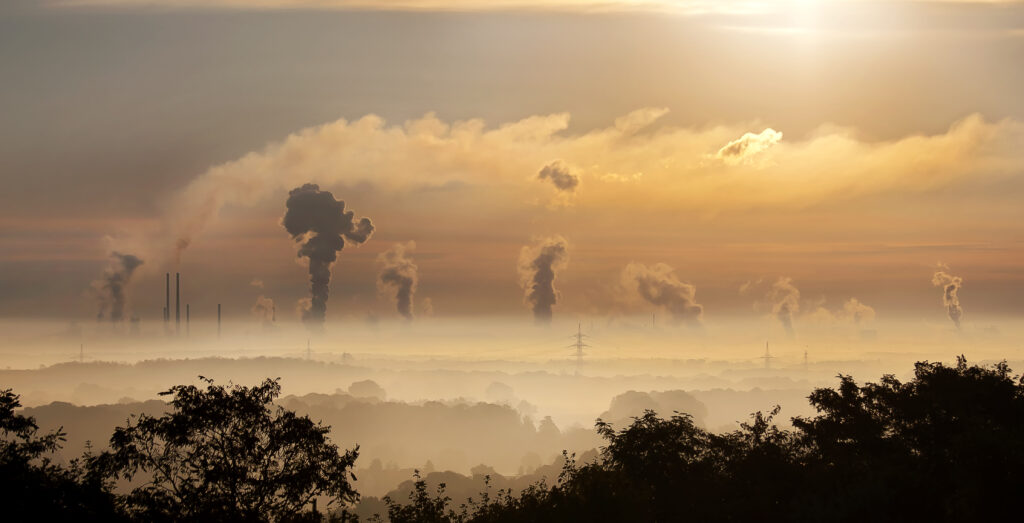Abstract
This paper examines the roles of trade, institutional quality and their interactions in explaining carbon dioxide emissions in a panel sample of 40 Sub-Sahara African countries using the system generalised method of moments. We find that institutional reforms are unequivocally environmental improving. Meanwhile, the impacts of trade on the environment tend to depend on the institutional setting of a country. More specifically, trade openness is harmful to the environment in countries with low institutional quality and beneficial to the environment in countries with high institutional quality. This means that institutional reforms are a perquisite for the countries with low institutional quality to actualise the beneficial environment effect of trade. As for the countries with adequate institutional quality, trade and institutions are reinforcing each other in bringing down pollution. From these results, we conclude that trade openness implemented in a sound institutional setting potentially brings better trade, more growth and better environment.
Keywords
Trade, Pollution relations, Institutions, Sub-Sahara Africa
Citation
Ibrahim, Mansor H. & Siong, Hook Law. (2015). Institutional quality and CO2 emission-trade relations: evidence from Sub-Saharan Africa. South African Journal of Economics, 84 (2), pp. 323-340.
Publisher
Wiley Online Library



